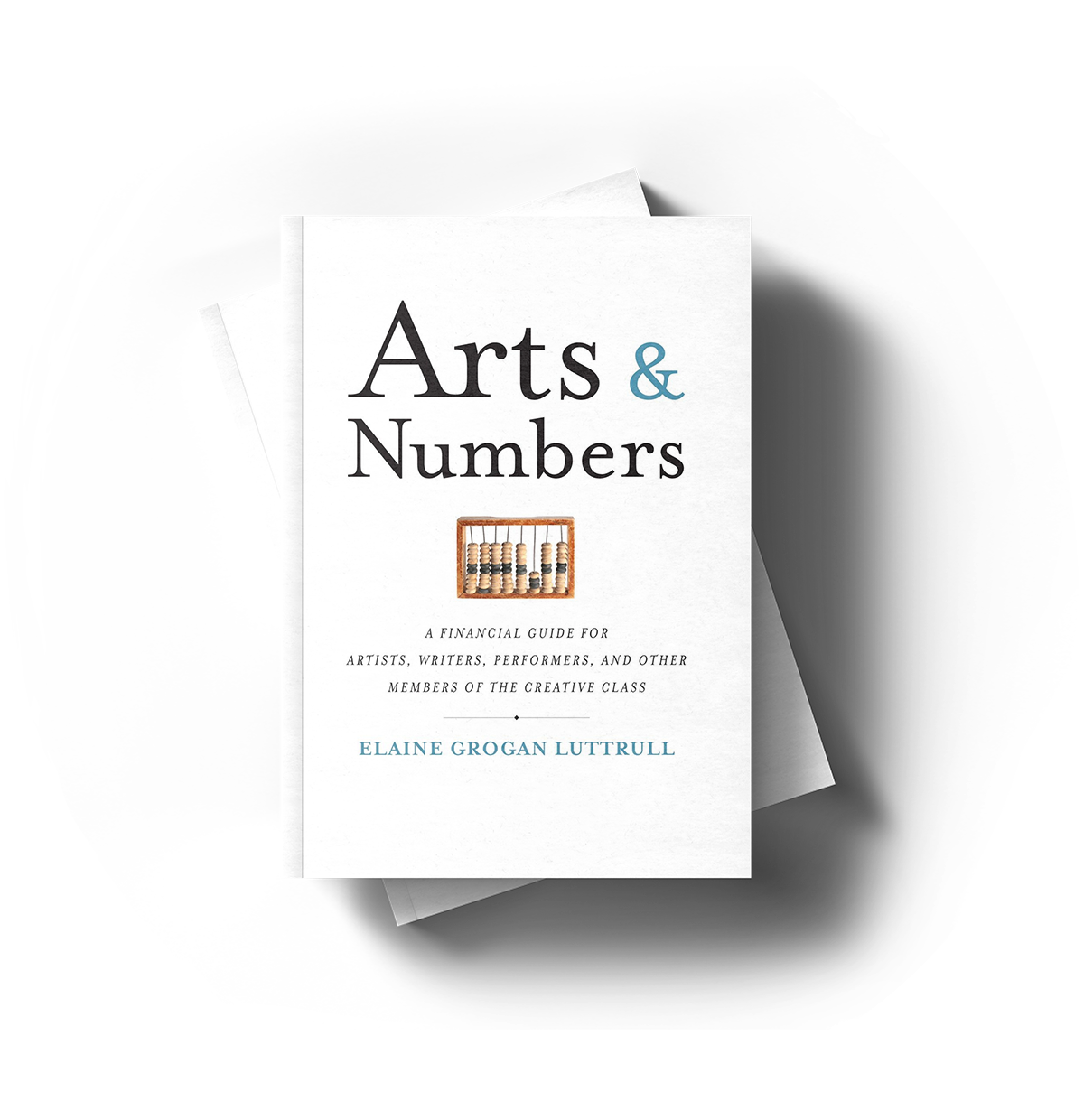September 18, 2014 • Curriculum

I don’t usually think of myself as an entrepreneur. I’m entrepreneurial, sure, but I don’t think I’m an entrepreneur. For one thing, I don’t have an exit strategy. I’d like to keep doing this — helping artists better manage the finance and business side of their art — forever.
And I’m not really a “job creator” as many entrepreneurs are. It took me five years to really hire my first employee. Mine isn’t exactly a “scale up” kind of business, although I may double the number of employees I have this year if things keep going well.
So I hesitated when one of my former students asked if he could interview me for a class he was taking. The assignment? To interview a local entrepreneur. I reminded him that he could learn infinitely more from a different entrepreneur, and then I reminded myself about the importance of not discounting my skill set.
What follows is our entrepreneurial Q&A exchange.
When did you start your business and why?
I was involved in doing quite a bit of analytical problem-solving financial work at Juilliard, particularly during the economic crisis of 2008 (ish), and I realized that smaller arts organizations (those with less than $250k in support and revenue) had a need for the exact same problem-solving work, but they didn’t have access to resources like me (at least none they could afford). I formed the business to fill that missing market niche.
I remember you used to work for The Juilliard School. What was your incentive for leaving?
My incentive for leaving Juilliard was simply moving to Ohio. (An opportunity for my husband prompted our geographical switch.) Had we not moved, I suspect I would have continued to run the business in my nights and weekends for another 2-3 years before launching it full time. Moving to Ohio changed my break-even point (it lowered it), so it made it easier to expedite the timeframe for launching it full time. (And by the way, that calculation is one plenty of freelancers and entrepreneurs make in the Columbus area. It really is becoming an entrepreneurial hub!)
Did your desire to help artists financially stem from anything you encountered working in such a highly creative environment?
Working in highly creative environments, wherever I found them, reinforced the demand for what I was offering. I heard over and over again from students and professionals alike that they were “ill prepared” to manage the financial challenges of running an arts organization, and hearing their stories helped me refine the type of services I offered. (For example, instead of only offering tax services, I offered tax services with free phone calls throughout the year to be a resource for those organizations as they grew. I also offered budget review services and CDP compliance services… Pretty much everything I offered grew out of a chorus of complaints from my target audience.)
Why did you decide to relocate to Columbus, and was it your intention to start your business here initially?
Because of the lower cost of living in Columbus, I recalculated the business break-even point and realized I could launch it full time sooner than I could in New York. (It was much cheaper to fail in Columbus.) And because it was a family opportunity, not simply my own opportunity, that prompted our move here, it seemed like a really safe time to experiment. I find quite a bit of forgiveness in transition!
However, once I got here I realized the arts market was very different than the one in New York. The Columbus market is full of individual artists more so than small arts organizations. The demand for my services was similar, but slightly different, so I pivoted the business plan to focus more on the needs of individual artists rather than arts organizations.
What lessons did you learn from the start-up process?
1. Running a business is about much more than doing what you want to do.
2. Flexibility is key in both business planning and working with creative individuals.
3. There is a way to be authentic to yourself and your business plan. The trick is to find it.
4. Say yes as much as you can. Then figure out how to say no. (Saying no gives you time to focus on the projects you really want to do; it isn’t a scary thing once you’ve learned that there will always be other clients, other projects, etc.)
And finally, the totally clichéd: If you could go back, what would you do differently, if anything?
I don’t know that I would actually do anything differently (sort of choosing a different major in school). How’s that for a cliché answer?
I’m proud of how many times I said yes to things — even if they didn’t make sense on paper. I was always able to get something out of every “yes” and often I got much more out of various experiences than I expected. I’m also proud that I’ve figured out when to say “no,” and particularly that I didn’t say “no” too often early on.
I’m also proud of how aware and sensitive I was to overlapping and competing interests. I was very aware of my goals and that they didn’t always align perfectly with the goals of my clients or employers. I think I was particularly sensitive to that, and that sensitivity served me well.
I’m also proud of how I’ve been able to find balance (which isn’t always easy if you keep saying “yes” to things). I’ve figured out how to weigh opportunities and my personal and professional goals and to say “no” or “not yet” if “yes” won’t serve my personal balance well. And I’m proud that I created something of value that will keep new and old clients coming back for more. (That makes saying “no” really easy.)
Thanks to Gianfranco DiPietro for the opportunity to share these musings!


